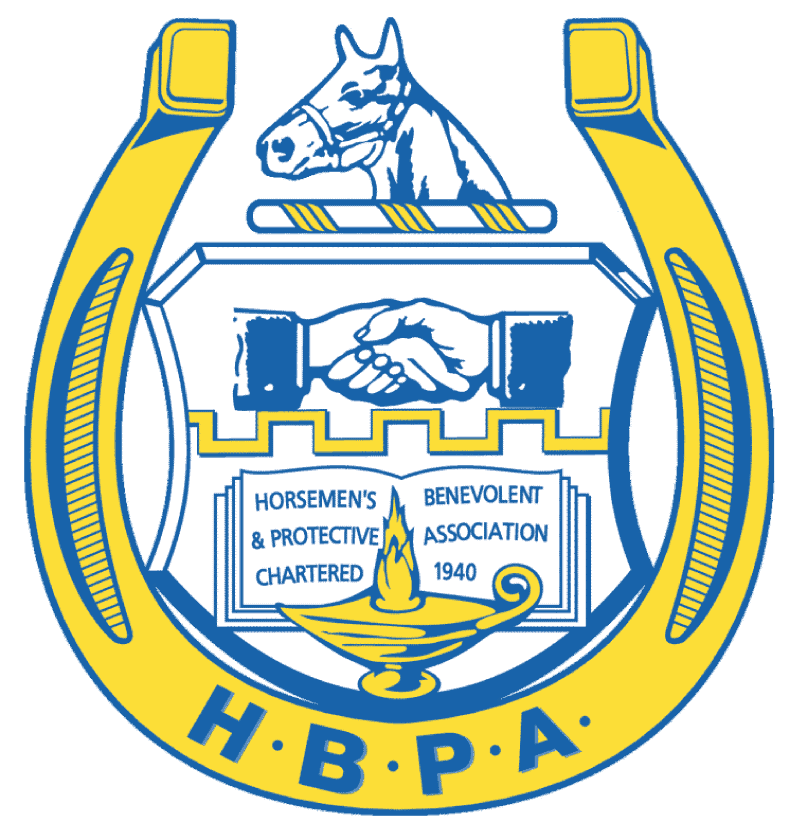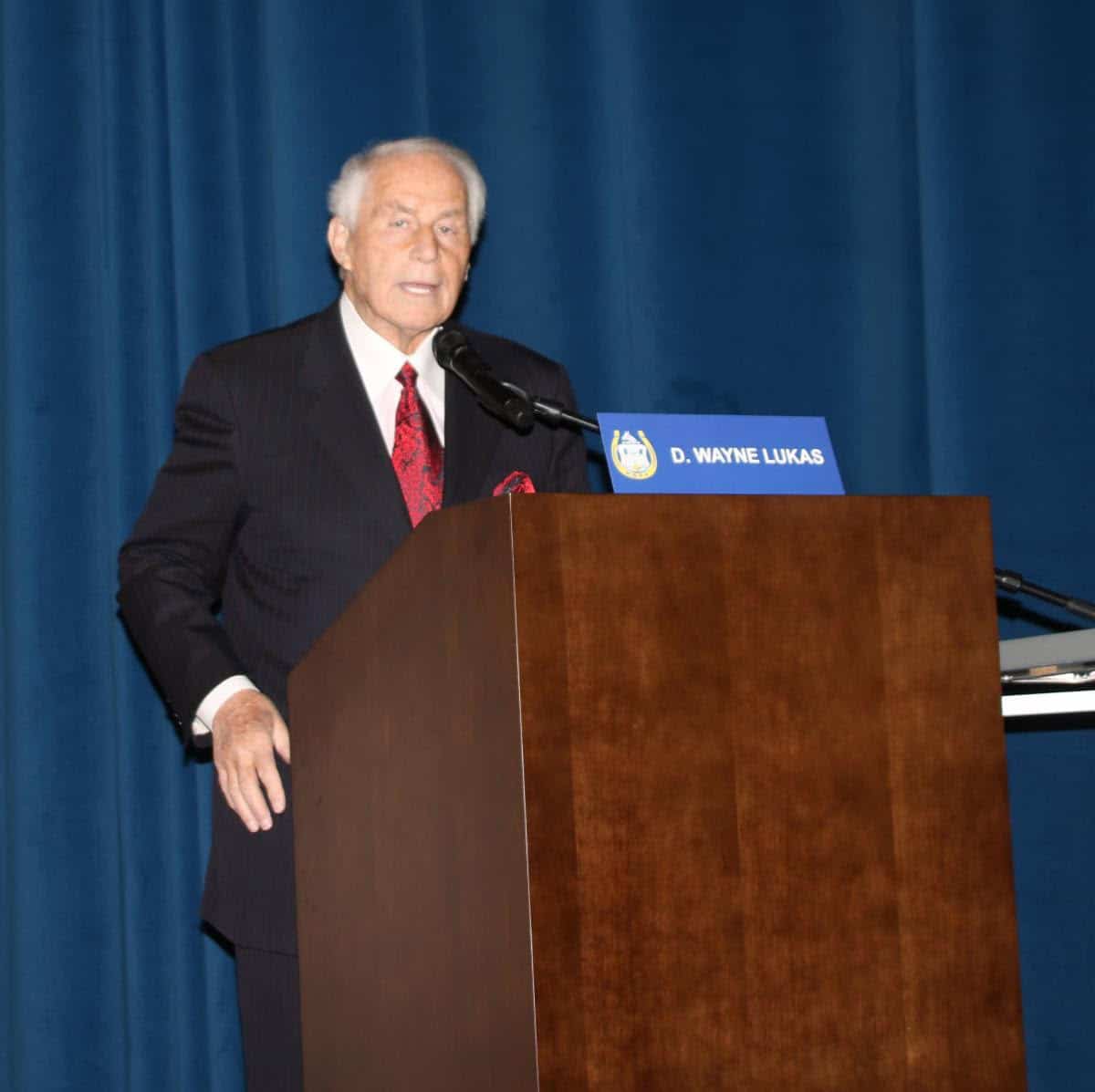Arkansas Commission Opposes Medication Bills
Blood-Horse
The Arkansas Racing Commission voted Aug. 18 to formally oppose pending federal legislation that would shift the regulation and enforcement of medication use in horse racing to either the United States Anti-Doping Agency (USADA) or an USADA not-for-profit affiliate to be called the Thoroughbred Horseracing Anti-Doping Authority (THADA).
Arkansas Racing Commission chairman Cecil Alexander said in a statement that the commission was “unanimous” in the vote. The action taken by the commission, Alexander added, was supported by Oaklawn Park, the Arkansas Thoroughbred Breeders and Horseman’s Association, and the Arkansas Horsemen’s Benevolent and Protective Association.
Mark Lamberth, an Arkansas commissioner and current chair of the Association of Racing Commissioners International, described the federal legislation as a “departure from cooperative efforts that have historically been productive.” Lamberth said that if the USADA was interested in helping Arkansas racing, they should accept the ARCI’s invitation for collaboration instead of pursuing a “hostile takeover.”
Two pieces of federal legislation have been filed that would create a national program for regulating medication use in horse racing. A bill creating the Thoroughbred Horseracing Integrity Act of 2015 was filed July 16 by Reps. Andy Barr, a Kentucky Republican, and Paul Tonko, a New York Democrat. The Barr-Tonko bill currently addresses only Thoroughbred racing and would put THADA in charge of regulation and enforcement. A separate bill filed earlier and co-sponsored by U.S. Rep. Joe Pitts of Pennsylvania and Sen. Tom Udall of New Mexico would put medication regulation of all breeds of horse racing under USADA. The Pitts-Udall bill is known as the Horse Racing Integrity and Safety Act of 2015.
“These bills give a private organization in Colorado Springs the unchecked authority to effectively shut down the Arkansas racing industry if we don’t pay their bill or adhere to their edicts,” said Lamberth. “Local communities and local voices are shut out and this is just plain wrong.”
The Barr-Tonko bill calls for the cost of the THADA initiative to be distributed across the major racing states on a per start basis. The additional cost to the racing industry has been estimated at about $22 million annually or approximately $64 per start, based on 343,397 starts in 2014. This bill also makes compliance with THADA policies a requirement to participate in interstate simulcasting.
Supporters of the Barr-Tonko bill say nothing changes with horsemen, who are already required to comply with medication regulations, and that a national program would allow for changes in therapeutic thresholds or in substances to be banned to be adopted across all states immediately, instead of waiting for state-by-state approval.
The Arkansas Commission and the ARCI, however, have taken exception to the position that their enforcement program has not been effective. Also there is concern among horsemen’s groups that the federal initiatives are primarily about eliminating the race-day use of the anti-bleeder medication furosemide (known as both Lasix and Salix).
“Racing commissions are uniform in not allowing performance-enhancing substances in horses when they race,” Lamberth said in a statement. “On the advice of the veterinary medical community, for the past 30 years a race-day administration of a medication proven to be helpful to the horse to mitigate or prevent airway lesions and exercise induced pulmonary hemorrhage is allowed. As its use is ubiquitous and disclosed to the public, no horse is given an advantage when it races and any attempt to characterize this as anything other than putting the horse first is just plain wrong.”
Lamberth also questioned a “therapeutic use exemption” allowed under the World Anti-Doping Code that permits human athletes to train and compete using performance-enhancing drugs.
“Anyone who’s concerned about drugs in racing should have a real problem with the fact that USADA thinks it OK not to tell the public which athletes are using drugs when they compete. They don’t even tell you the events involved,” he said.
The USADA 2014 Annual Report includes a section showing it received 360 applications for therapeutic use exemptions, of which 211 were granted. Among the applications, however, were 112 that were returned to the applicants because documents were either incomplete, involved permitted medications, were withdrawn by the athletes themselves, or the exemption was not necessary. The annual report does not name athletes or the events affected by these exemptions.
In other documentation, USADA notes an exemption is granted only if the following conditions are met: 1) the athlete would experience a significant impairment to health if the prohibited substance or prohibited method were to be withheld, 2) the use of the prohibited substance or prohibited method is highly unlikely to produce any additional enhancement of performance beyond what might be anticipated by a return to the athlete’s normal state of health following the treatment of the acute or chronic medical condition, and 3) there is no reasonable therapeutic alternative. All exemption requests require a statement from a qualified physician and documentation of the original diagnosis, the results of any examinations, and the results and images from any testing.
While this information is disclosed to USADA and members of a Therapeutic Use Exemption Committee, it is otherwise considered confidential personal medical information.
Lamberth said both the ARCI and the Arkansas Racing Commission are primarily interested in “working with anyone who wants to help us do what we do.” Noting that a portion of $9 million reportedly appropriated to combating doping in professional sports could support these efforts in horse racing.
“I find it amazing that neither bill that has been proposed actually provides any assistance to help us,” Lamberth said.





